Sixteen Years After the Adoption of UNSCR 1325
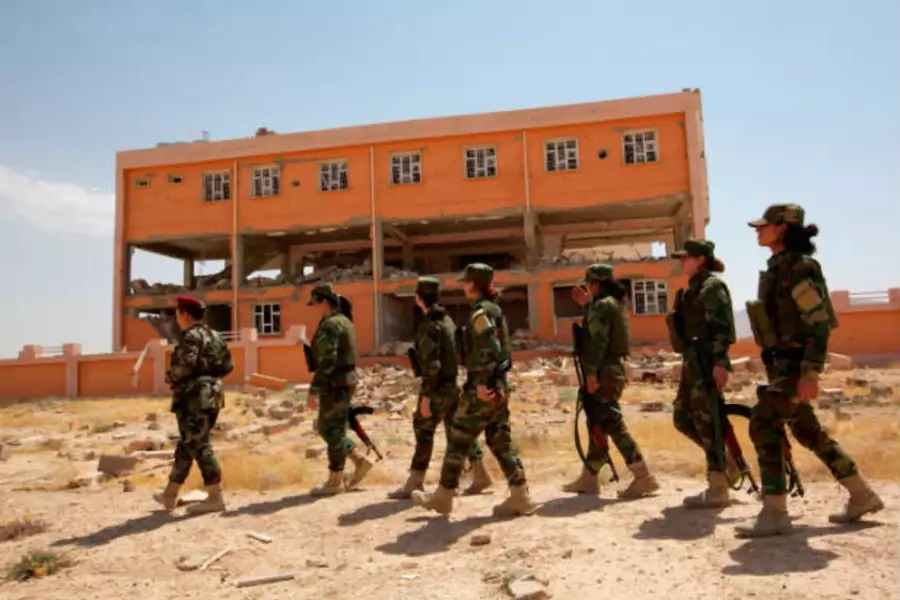
More on:
Today, October 31, 2016, marks sixteen years since the UN Security Council adopted Resolution 1325 (S/RES/1325), the landmark international legal framework that addresses the inordinate impact of war on women and the pivotal role women can play in conflict management, conflict resolution, and sustainable peace. In the sixteen years since the passage of UNSCR 1325, sixty countries have drafted National Action Plans to increase women’s participation in peace negotiations, peace-building, peacekeeping, humanitarian response, and post-conflict reconstruction. Learn more about the UNSCR 1325 in these six publications from the Women and Foreign Policy program.
An October 2016 Discussion Paper highlights a growing body of research that suggests that standard peace and security processes routinely overlook a critical strategy that could reduce conflict and advance stability: the inclusion of women. Authors Jamille Bigio, adjunct senior fellow, and Rachel Vogelstein, senior fellow and director of the Women and Foreign Policy program, present compelling evidence about the value of women’s contributions to peace and security efforts and urge increased U.S. investment in women’s participation in peacebuilding, peacekeeping, and post-conflict reconstruction around the world. Read more »
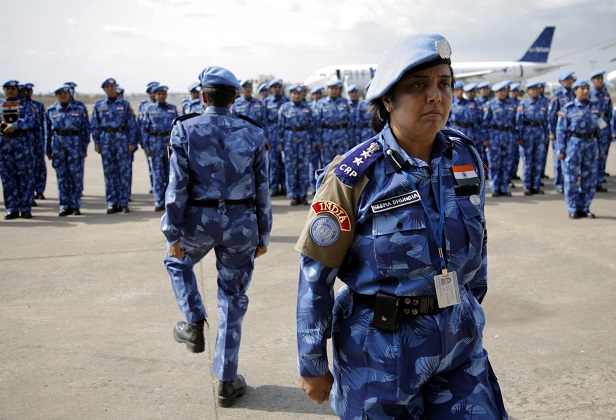
Building the Case on Women, Peace, and Security
In 2015, the UN Security Council reaffirmed its commitment to UNSCR 1325 by adopting Resolution 2242, which aims to improve implementation of the women, peace, and security agenda and double the number of women involved in peacekeeping missions by 2020. This concrete commitment is a welcome step: although UNSCR 1325 offers a clear roadmap for implementation, fifteen years after its adoption, women continue to be excluded from peacemaking, peacekeeping, and governance. The numbers are stark: women constituted only 4 percent of all signatories, 2.7 percent of chief mediators, and less than 9 percent of negotiators in official peace processes over the past two decades. Read more »
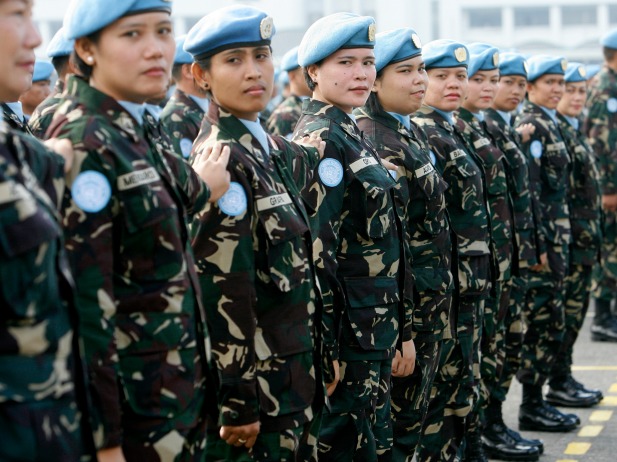
What’s the Problem with Women, Peace, and Security?
In a guest post on Women Around the World, Cathy Russell, U.S. ambassador-at-large for Global Women’s Issues, writes about the women in a southern Afghanistan community who raised an early warning about spreading extremism. Women learned that their community’s boys were being targeted for recruitment by militants. Twelve of the women traveled to Kabul to sound the alarm, and tracked down a government minister to voice their concerns. But instead of taking notes during the meeting, the minister laughed, sending them home frustrated and empty-handed. Within a month, the militants attacked a bus and dozens of people were killed. Read more »
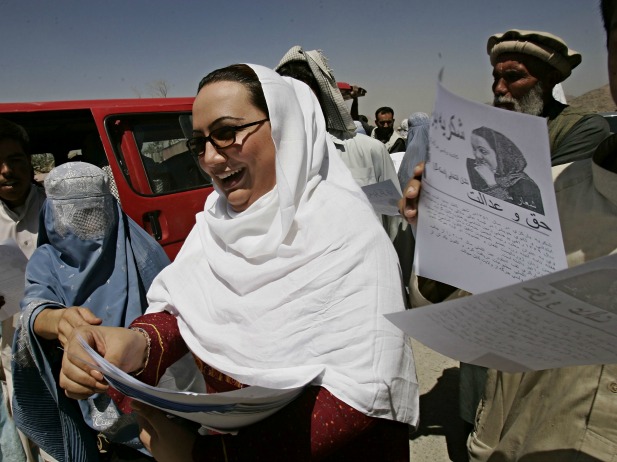
When the North Atlantic Treaty Organization (NATO) gathered in Warsaw on July 8, 2016, the 28-member organization laid out a vision for its future. Facing pressing security challenges ranging from what to do about Russia to how to handle the self-proclaimed Islamic State, NATO leaders assessed how to make the Alliance more modern, ready, and responsive. They agreed that one way to prepare itself for the challenges of the 21st century was to better engage women. Read more »
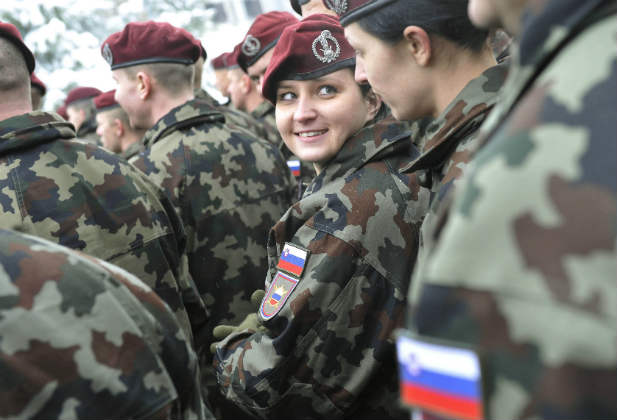
Implementing UNSCR 1325 in Afghanistan
After a CFR roundtable meeting with Nahla Valji, deputy chief of peace and security at UN Women, Senior Fellow Catherine Powell analyzes progress toward implementing UNSCR 1325 around the world. In Afghanistan, for example, civil society groups initiated the call for a national action plan in 2007, and official meetings on the potential document started in 2009. In July 2015, the government of Afghanistan launched an Afghan National Action Plan. Read more »
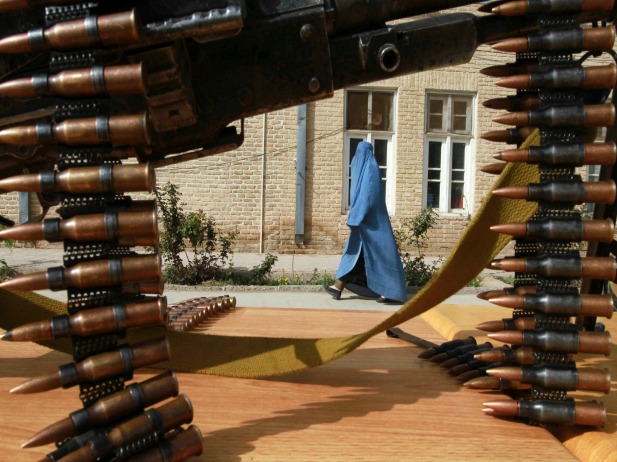
Global Progress Toward Gender Equality: A Timeline
March 8 marks International Women’s Day, an internationally-celebrated day dedicated to recognizing the social, political, economic, and cultural contributions women around the world have made to their countries and their communities. Last year’s International Women’s Day offered an opportunity to evaluate the progress made for the world’s women as well as build momentum to accelerate the 2030 Agenda and close remaining gender gaps. Read more »
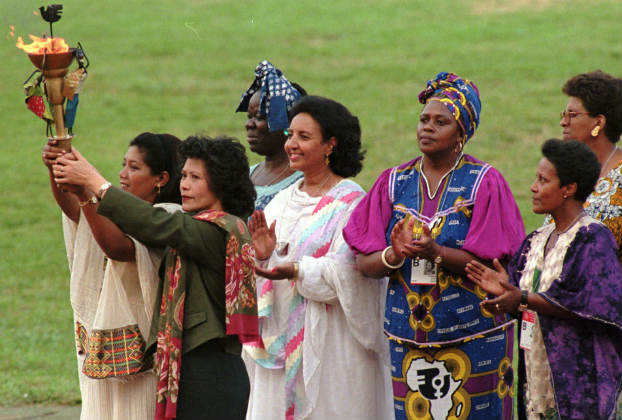
More on:
 Online Store
Online Store